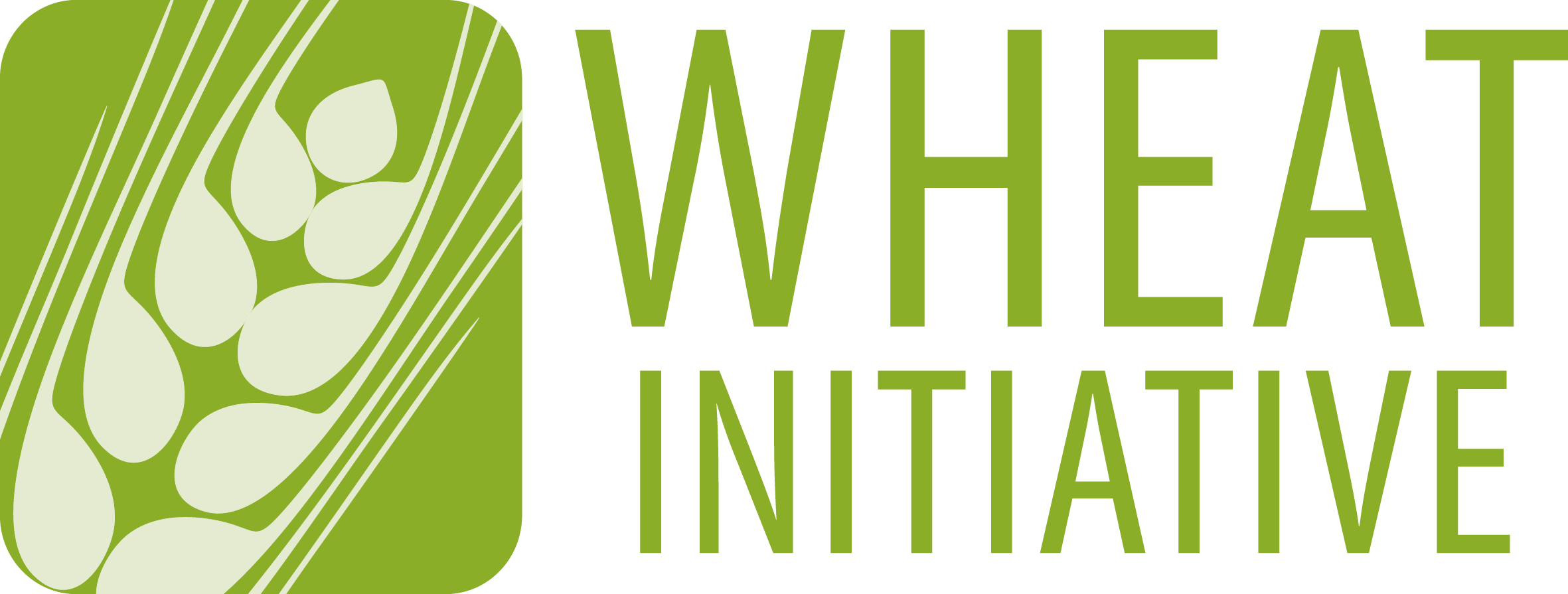WHEAT BREEDING METHODS AND STRATEGIES
The Expert Working Group on Wheat Breeding Methods and Strategies aims to build capacity and to support improved breeding methods research, and international exchange of information and germplasm.
Anticipated deliverables include more efficient wheat breeding programs that use advanced breeding methods and a larger pool of wheat breeders trained in state-of-the-art breeding methods. Underpinning wheat breeding methods research will be increased exchange of wheat germplasm and information and training workshops.
Proposal
The proposal to establish an Expert Working Group on Wheat Breeding and Strategies was submitted by Mark Sorrels (Cornell University, USA) and Gilles Charmet (INRA, France) in 2012 and revised according to the suggestions of the Wheat Initiative Research Committee. The Research Committee globally approved the revised proposal in July 2013 and endorsed the creation of the EWG.
The main objectives of the EWG-BMS are:
Coordinate ongoing wheat breeding methods research
Identify support for public wheat breeding programmes
Develop a transnational training programme in state-of-the-art breeding methods
Research areas are:
Genomic selection
Hybrid wheat
New breeding technologies such as genome editingUtilization of cultivated and wild genetic resources (in conjunction with GR-EWG)
Leadership
Co-Chair: Suchismita Mondal, Margaret Krause
Call for Experts
The call for experts will remain open during the EWG lifetime. Any experts wishing to participate in the Wheat Breeding Methods and Strategies Expert Working Group should complete the application form and send it via email to wheat(dot)initiative(at)julius-kuehn(dot)de.
Breeding webinar series:
Webinar by Dr. Xianran Li, USDA, Pullman, WA, “Integration of Enviromics into genetics and breeding”
Upcoming Meetings:
Meetings
The Wheat Breeding Methods and Strategies Expert Working Group presents: Webinar by Dr. Xianran Li, USDA, Pullman, WA, “Integration of Environics into gene-tics and breeding”
February 9-11, 2020, Transforming wheat breeding through integrated data management with GOBii and analysis in Flapjack Workshop, virtual
28-29 October, 2019, Bologna, Italy: Training on “wheat genomic selection”Co-organized with EWG durum wheat.
Both academic and industry researcher presented up-to-date development in methodology and practical application. The main output should be a special issue of “Crop breeding, genetics and genomics”, who invited the EWG to act as guest editor.21 July 2019, University Saskatoon, Canada: A workshop “How to make pre-breeding successful.” Jointly organized with EWG Global Wheat Germplasm, this workshop allowed free exchange of advantages and pitfalls of using wide genetic resources and methods to overcome them were presented and discussed.
Presentations from the workshop can be accessed here.
6 February 2019, University of Hohenheim, Stuttgart, Germany: Open workshop on “hybrid wheat breeding”. This workshop offered a unique opportunity to meet almost all actors in hybrid wheat breeding, both academic and from industry. The main output was the identification of the main limiting factor to hybrid wheat expansion, which is the cost of hybrid seed production. Efficient male sterility systems have still to be developed/mastered to replace chemical agents. It was decided to have ring tests both in Europe and America to objectively evaluate the economic advantage of hybrid wheat. Tests has been postponed to 2021, with seed increase in 2020.
March, 2018 “International Wheat Innovation Workshop”, Clermont-Ferrand, France
23 April 2017, Tulln, Austria
29 June 2014, Wernigerode, Germany
Wheat breeding still relies on field plots and trial combines to drive genetic gain. However, new genomic technologies are increasing accuracy and speeding up the process.




